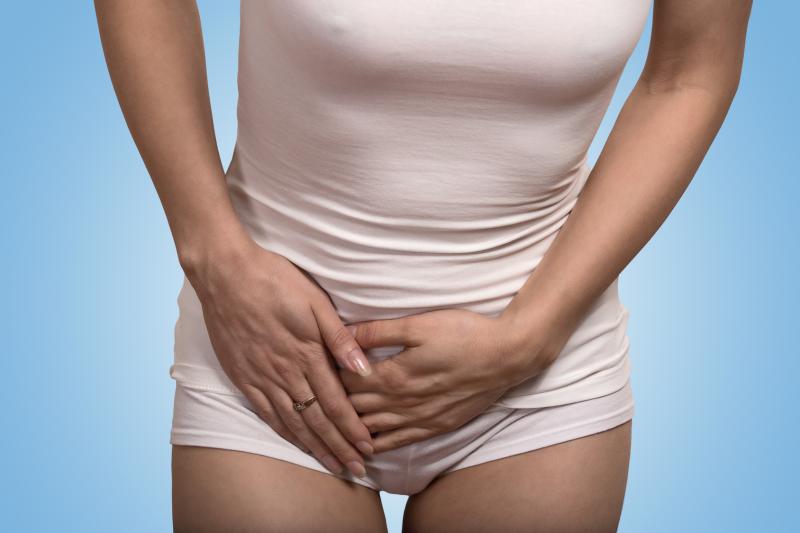
Women who undergo oophorectomy by the age of 45 years due to family history are more likely to use antidepressants after the procedure, a new study has found.
The study included 2,002 women who underwent oophorectomy due to a family history of cancer. The National Prescription Registry was accessed to determine patterns of antidepressant use. Analyses were stratified according to whether participants were on hormone replacement therapy (HRT) or not. A parallel and age-matched reference group was also included (n=18,018).
Women who underwent oophorectomy by age 45 years were significantly more likely to fill a prescription for an antidepressant in the year following the procedure relative to their comparators (odds ratio [OR], 1.34, 95 percent confidence interval [CI], 1.08–1.65). In contrast, those who underwent surgery at ages 46–55 and >55 years showed no such pattern of antidepressant use.
HRT use was reported in 564 women who received the procedure by age 45 years; the remaining 302 were defined as nonusers.
Notably, when stratifying the analysis according to HRT use status, the heightened use of antidepressants in the year after oophorectomy was only statistically significant in women who were on HRT (OR, 1.51, 95 percent CI, 1.18–1.94). The effect of the procedure was null on those who were not receiving HRT (OR, 1.03, 95 percent CI, 0.70–1.51).
“Whether there is a causal relation between HRT and use of antidepressants or whether this reflects a propensity for concomitant use of HRT and antidepressants in oophorectomized women remains to be discovered,” said researchers. “The increased use of antidepressants following bilateral oophorectomy among previous users of antidepressants implies an increased focus on mental health in this subgroup of oophorectomized women.”